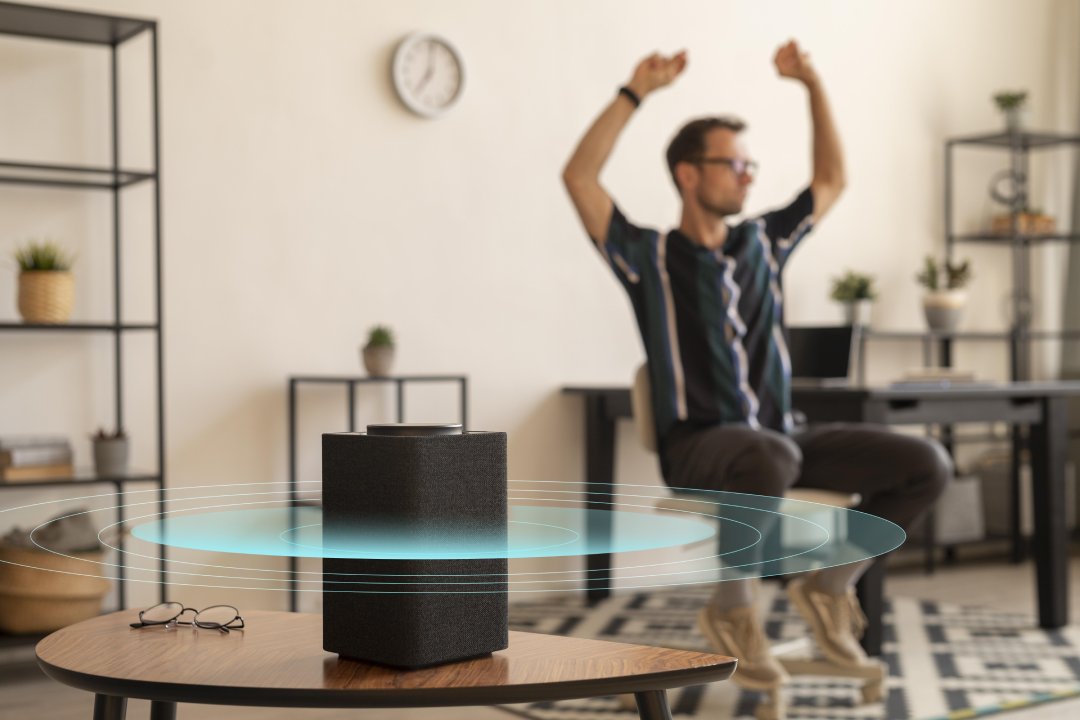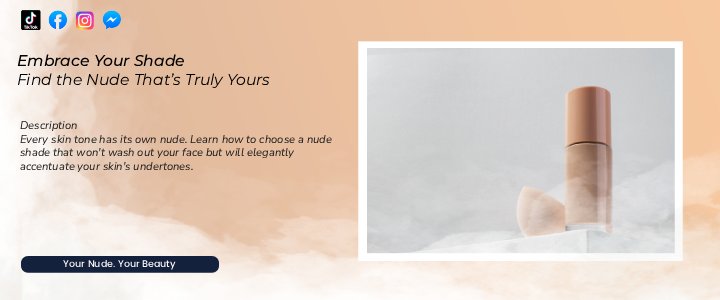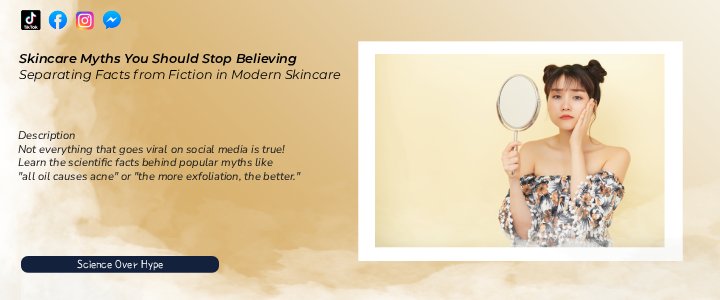At one time, Ionic Breeze Air Purifiers by Sharper Image were among the most talked-about air cleaning devices on the market. Known for their silent operation and sleek tower design, they promised to clean the air using cutting-edge ionizing technology without the need for filters.
Ionic Breeze Air Purifier
However, over time, serious questions were raised about their safety and effectiveness, leading to a dramatic decline in sales and a class-action lawsuit. So, are Ionic Breeze purifiers worth considering today? Here's a detailed look at what you should know.
Make sure to check out Sharper Image Air Purifiers Reviewed to better understand the basics.
What Is an Ionic Breeze Air Purifier?
The Ionic Breeze uses ionization technology to attract and remove airborne particles like dust, smoke, and pollen. Instead of a fan or filter, the device releases negative ions into the air that cause pollutants to stick to metal collection plates or nearby surfaces.
The concept was attractive for consumers seeking quiet, low maintenance air purification, but the technology has proven to be controversial.
Why Was the Ionic Breeze Taken Off the Market?
In 2005, Consumer Reports conducted lab tests and found that Ionic Breeze models were not only ineffective at cleaning the air, but also emitted ozone, a gas that can irritate the lungs. Following the study’s release, sales plummeted, and Sharper Image's reputation suffered a major blow.
This was followed by a class-action lawsuit, which alleged that the product:
- Failed to purify the air as advertised
- Produced unhealthy levels of ozone
- Misled consumers about health benefits
Though newer models were introduced with ozone-reducing filters, the damage to the brand’s credibility was difficult to recover from.
Do Ionic Breeze Purifiers Really Work?
While ionizers may help eliminate some small airborne particles, such as those from tobacco smoke, they’re not effective at removing larger allergens like pollen, pet dander, or household dust. They also do not neutralize odors or airborne gases, which limits their overall usefulness.
In controlled testing, Consumer Reports found the Ionic Breeze to be nearly ineffective in cleaning sealed-room air, especially when compared to HEPA-based systems.
Are Ionic Air Purifiers Safe to Use?
The biggest concern with ionizing air purifiers is ozone emission. Ozone, even in small amounts, can:
- Irritate the lungs
- Worsen asthma and bronchitis symptoms
- Trigger respiratory distress in children and older adults
The American Lung Association and EPA both advise against using ozone-producing ionizers in occupied spaces, especially for those with respiratory conditions.
Where Does the Ionic Breeze Stand Today?
Though some Ionic Breeze models may still be available through secondhand retailers or legacy websites, they are no longer widely recommended or supported by modern air quality experts. Sharper Image has since shifted focus to newer technologies, including hybrid air purifiers with improved filtration and energy efficiency.
So, should you buy an Ionic Breeze? For most consumers, the answer is no. While the design and silent operation may seem appealing, the limited performance and potential health risks make it a poor choice when compared to HEPA-based air purifiers, which are both more effective and safer.
The story of the Ionic Breeze Air Purifier serves as an important reminder to look beyond marketing claims and dig into scientific research. While ionizers may offer certain benefits in niche environments, they fall short of delivering the comprehensive air cleaning that most users need, and can introduce health risks in the process.
For cleaner, safer indoor air, consider options backed by strong performance data—like HEPA filters, activated carbon systems, or UV-C purifiers.



